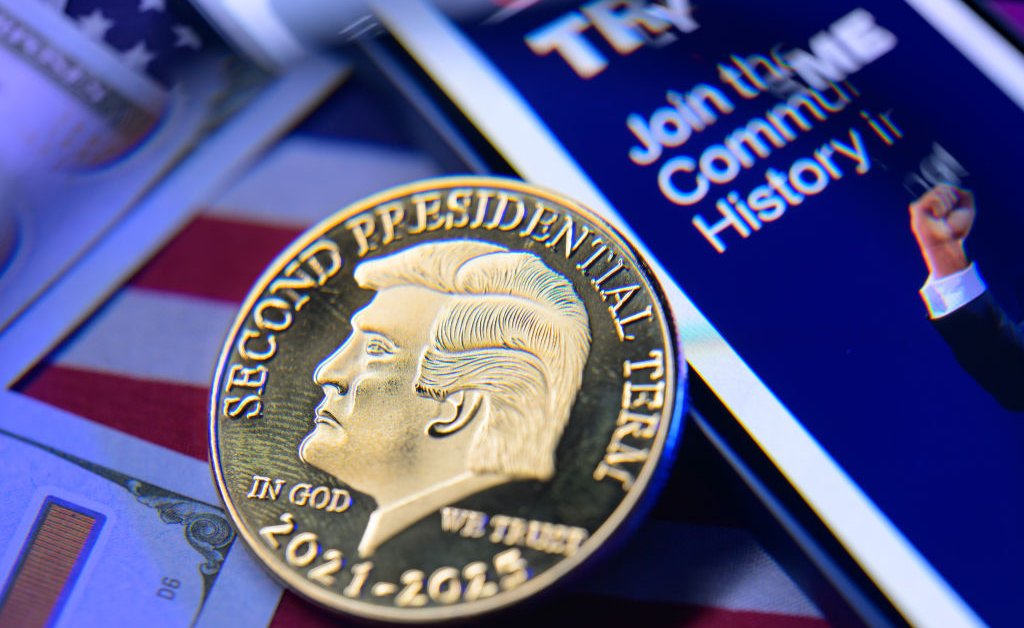On Sunday, crypto markets experienced a rally following an announcement by Donald Trump that he plans to create a national crypto strategic reserve. Trump revealed on Truth Social that a working group would be established to facilitate federal purchases of Bitcoin, Ethereum, and three other smaller cryptocurrencies. This announcement comes just before the White House’s first cryptocurrency summit on March 7 and underscores Trump’s continued interest in the crypto space over the past year. This interest has included a venture into crypto, the creation of a “crypto czar” position in the White House, and the development of a TRUMP meme coin, which has seen a significant drop in value from $70 to $13 in a short period of time.
The details of Trump’s strategic reserve plan remain unclear, including whether taxpayers will fund it, the size of the reserve, and its purpose, such as potentially paying off U.S. federal debt. This announcement has been met with criticism from economists and some of the crypto industry’s biggest supporters. The concept of a strategic crypto reserve is seen as fundamentally different from traditional reserves, as it is based on the expectation of increasing prices rather than the asset’s importance to the nation. Stephen Cecchetti, an economist and professor at Brandeis International Business School, has expressed skepticism about the idea of a strategic crypto reserve, calling it “absurd” to use risky assets to repay debt.
Historically, the U.S. has created strategic reserves of key assets like oil to ensure access and stabilize prices during times of crisis. The creation of a Strategic Petroleum Reserve in 1975 following the Arab oil embargo crisis is an example of this strategy. However, Cecchetti notes that a strategic reserve for crypto assets differs in nature, as it is based on the belief that prices will increase in the future rather than addressing supply disruptions. This approach raises concerns about the potential risks and implications of leveraging assets to repay debt.
The concept of a strategic reserve has traditionally been used to protect against supply disruptions of scarce assets. In the case of the Strategic Petroleum Reserve, it was created to safeguard against gas shortages and economic downturns caused by the Arab oil embargo crisis. The decision to create a reserve of petroleum was aimed at ensuring access to essential resources and stabilizing prices to mitigate the impact of potential crises. The idea of applying this concept to crypto assets, which are inherently volatile and speculative, raises questions about the rationale and effectiveness of such a strategy.
Overall, Trump’s announcement of a national crypto strategic reserve has sparked debate and criticism from economists and industry experts. The uncertainty surrounding the details and purpose of the reserve, as well as concerns about leveraging risky assets to repay debt, have raised questions about the feasibility and implications of this approach. The concept of a strategic reserve for crypto assets also challenges traditional notions of strategic reserves, which have historically been used to address supply disruptions of essential resources. As the crypto market continues to evolve and attract attention from policymakers, the implications of creating a national crypto strategic reserve will likely be subject to further scrutiny and debate.









